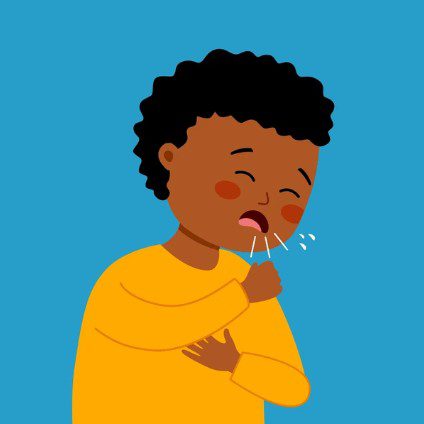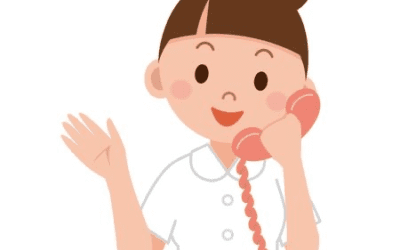This time of year we get a lot of questions from parents about allergies. With the weather warming up and plants blooming we definitely see an increase in patients with allergy symptoms. Allergies are extremely common and can occur in children as young as 6 months of age. Symptoms of allergies include:
- Runny nose
- Nasal stuffiness
- Sneezing
- Throat clearing (itchy throat)
- Nose rubbing
- Sniffling
- Sneezing
- Red watery eyes
However a lot of these symptoms can also sound like the common cold. So how do you know if your child has allergies or a cold? There are a few differences to help you decide which one your child might have.
- No fever. Children with allergies generally will not run a fever.
- Persistent runny nose with clear drainage. If your child’s runny nose lasts longer than two weeks, but the drainage is clear, there’s a good chance it’s allergies.
- Does your child’s symptoms tend to be worse after you have been outside? This could be due to an increase in exposure to pollen or other allergens, especially on windy days.
Treatments
Luckily there are a few treatments available to help your child. Some things you can try to help your child include:
- Avoiding triggers. If you suspect your child is allergic to dogs, try to keep him away for a few days to see if that helps. This also includes avoiding going outside and closing windows when it is windy or the pollen counts are high.
- Oral antihistamines (Claritin, Zyrtec, Benadryl). Oral medications are a helpful and fairly easy way to reduce and prevent many allergy symptoms. They usually work best when taken before exposure to the allergen, or your child may have to take them for about 5 days before you start to notice an improvement in symptoms. Benadryl can cause mild sedation so it’s best to give before bed. Other antihistamines (Claritin, Zyrtec) are non-sedating and can be given any time during the day.
- Nasal Sprays. Nasal decongestants can shrink inflamed nasal tissue and relieve congestion, however they are not recommended for long term use and should not be used for more than a few days in a row as they can make your symptoms worse.
- Eye Drops. There a a few different eye drops that help relieve itchy, water eyes for patients over the age of 3 years.
Some of these medications are safe for children as young as 6 months, but as with any medication, please check with your doctor before starting your child on one.




